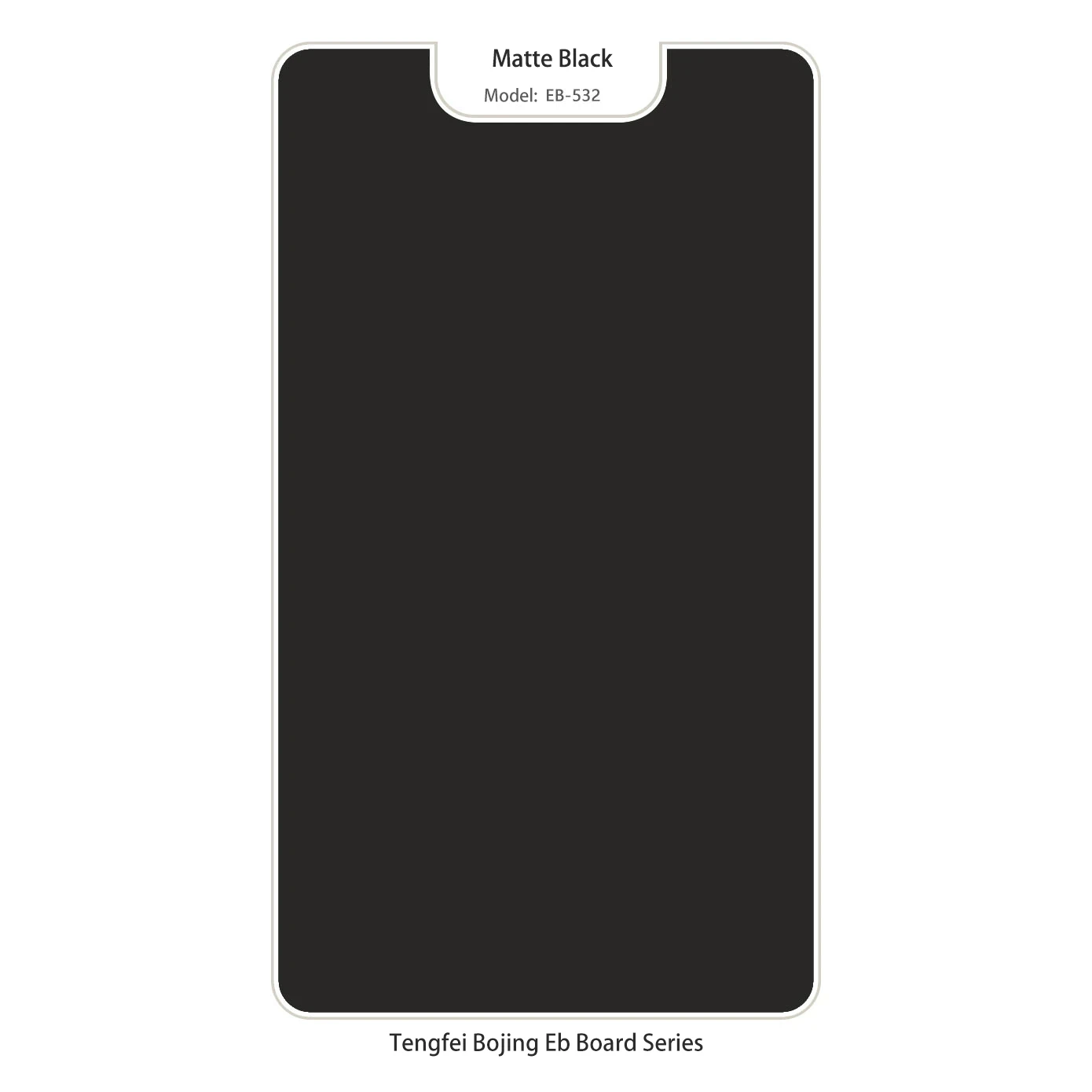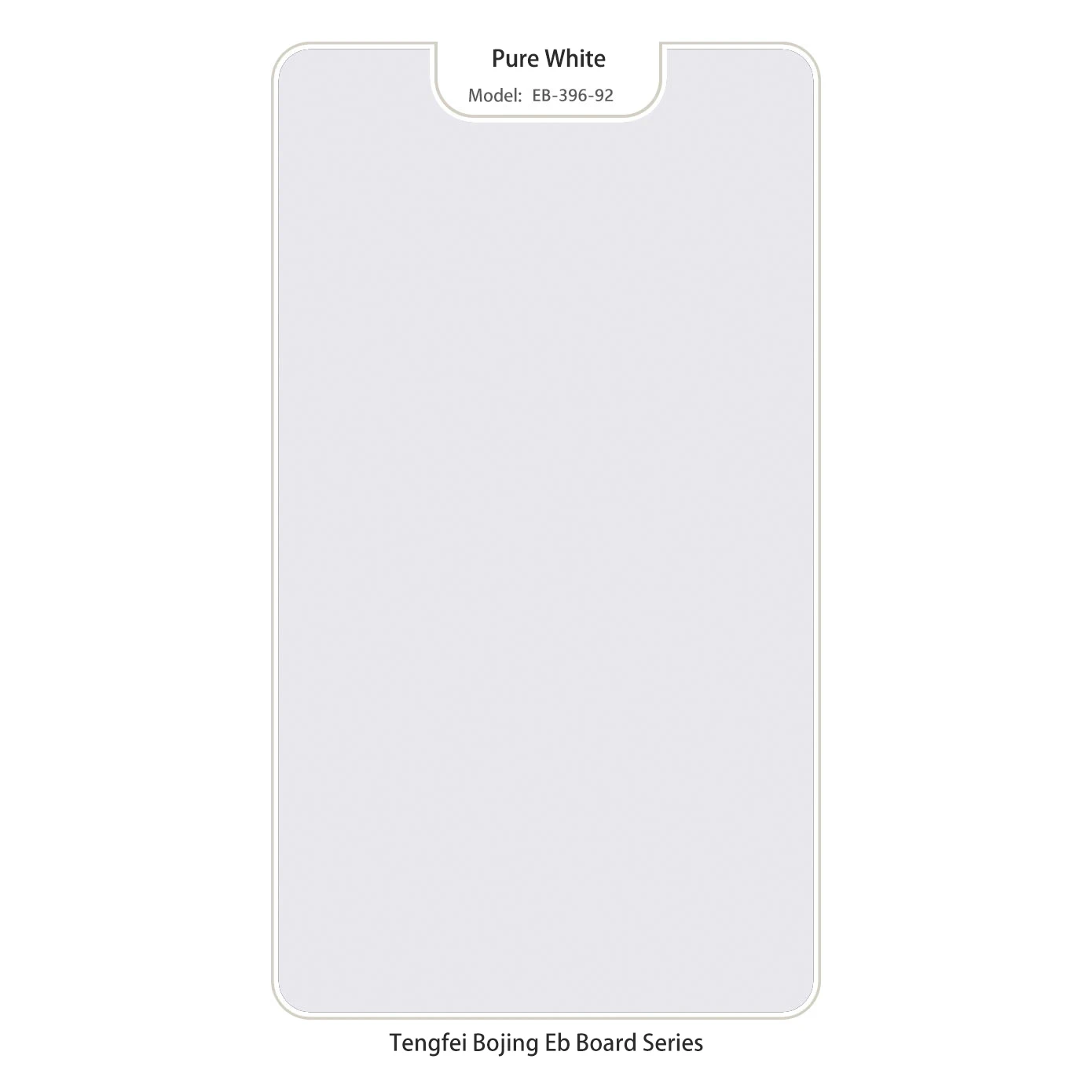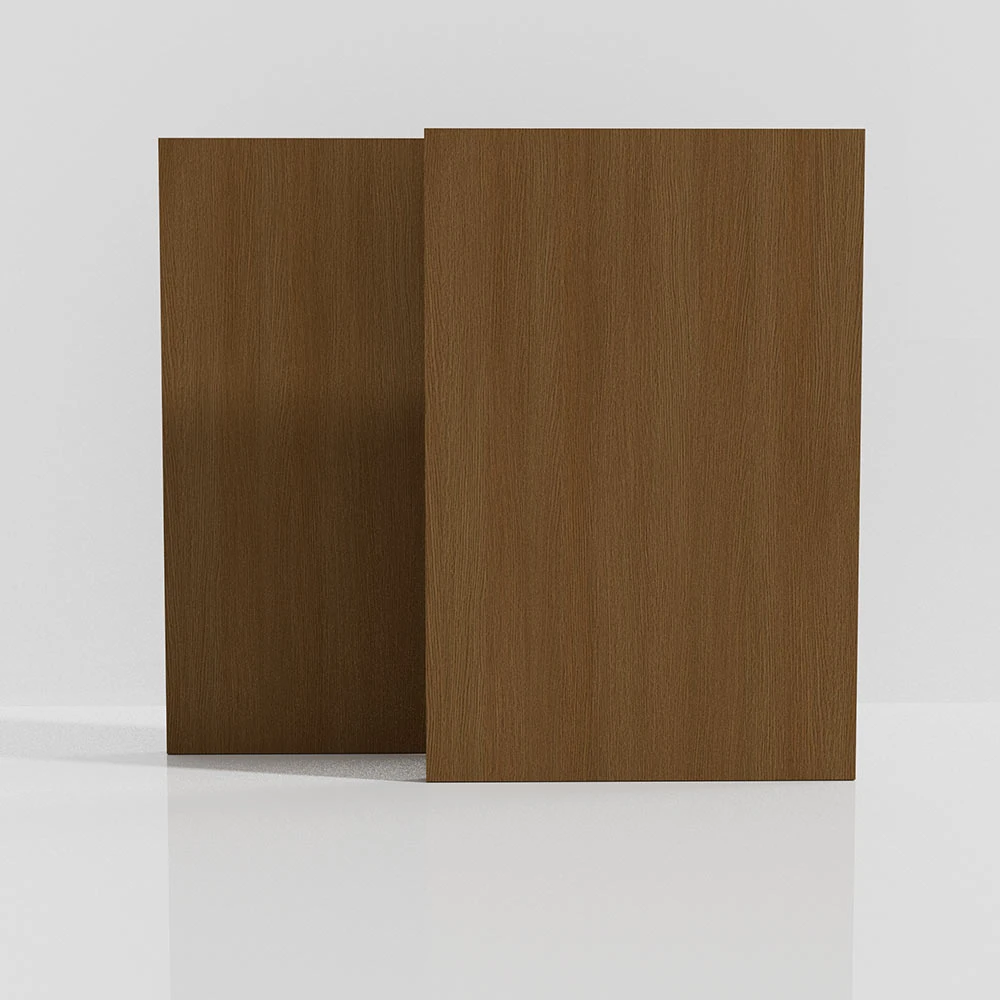Navigating the Industrial Landscape: The Rise of Advanced Materials
The global industrial sector is undergoing a profound transformation, driven by demands for increased efficiency, reduced operational costs, and enhanced environmental compliance. Innovations in material science are at the forefront of this evolution, particularly in high-stress, corrosive, and high-temperature environments. Industries such as petrochemicals, metallurgy, and water treatment are continually seeking components that offer superior longevity and performance. This push for material excellence underscores the critical need for advanced solutions capable of withstanding extreme conditions while delivering tangible operational benefits.
In this dynamic context, Gum White emerges as a pivotal material solution. Its unique properties are specifically engineered to address the most pressing challenges faced by modern industrial applications, setting new benchmarks for durability, efficiency, and safety. Understanding its comprehensive capabilities is essential for decision-makers looking to optimize their operational infrastructure and secure a competitive edge in an increasingly demanding market.
The Advanced Manufacturing Process of Gum White
The production of Gum White involves a sophisticated multi-stage manufacturing process designed to ensure unparalleled material integrity and performance. It begins with the precise formulation of a proprietary blend of high-grade ceramics and specialized polymers, selected for their exceptional thermal stability and chemical inertness. This composite material undergoes a meticulous synthesis, ensuring homogeneity and absence of defects at the molecular level, which is critical for the final product's strength and resilience.
Following material preparation, the next phase involves advanced shaping techniques. Depending on the specific component requirement, this may include precision casting for intricate geometries, high-pressure forging to enhance mechanical properties, or multi-axis CNC machining for achieving exact dimensional tolerances. Each component then undergoes a proprietary heat treatment process, which optimizes its crystalline structure, significantly increasing its hardness, wear resistance, and long-term durability. This rigorous process adheres strictly to international inspection standards such as ISO 9001 for quality management and ANSI/ASME standards for dimensional and material specifications, ensuring every piece of Gum White meets the highest industry benchmarks.

Technical Specifications and Performance Metrics of Gum White
Gum White is engineered to deliver superior performance across a range of critical parameters, making it an ideal choice for demanding industrial applications. Its robust composition ensures exceptional resistance to a variety of corrosive agents, including strong acids, bases, and abrasive slurries, far outperforming conventional materials. Furthermore, its thermal stability allows for reliable operation under extreme temperature fluctuations, minimizing thermal expansion and contraction issues that often plague traditional components. The data presented below highlights key technical specifications, demonstrating its capability for extended service life and reduced maintenance needs.
Gum White Typical Product Specifications
| Parameter |
Value |
Industry Standard |
| Density |
2.85 g/cm³ |
ASTM D792 |
| Tensile Strength |
850 MPa |
ISO 527-1 |
| Operating Temperature Range |
-60°C to 280°C |
IEC 60068-2-14 |
| Hardness (Shore D) |
80-85 |
ASTM D2240 |
| Corrosion Resistance (pH range) |
pH 1 to pH 14 |
ASTM G31 |
| Estimated Service Life |
>20 Years in typical conditions |
Internal Testing (Accelerated Aging) |
The superior material properties of Gum White translate directly into significant operational advantages. Its exceptional corrosion resistance drastically extends the lifespan of components in highly aggressive chemical environments, such as those found in acid processing plants or wastewater treatment facilities. Moreover, its impressive thermal stability ensures reliable performance in high-temperature applications like furnace linings or heat exchanger components, where conventional materials would quickly degrade. This inherent resilience minimizes downtime, reduces maintenance expenditure, and enhances overall system reliability.
Application Scenarios and Industry-Specific Advantages
The versatility and robust characteristics of Gum White make it suitable for a diverse range of critical industrial applications. In the petrochemical industry, it is widely used for piping systems, valve linings, and reactor components where resistance to aggressive chemicals and high temperatures is paramount. Its non-reactive surface prevents fouling and contamination, ensuring purity of processed materials and reducing the frequency of cleaning cycles. For metallurgy, Gum White excels in applications requiring high wear and thermal shock resistance, such as crucible linings or specialized rollers.
In the water supply and drainage sector, Gum White components enhance system integrity by resisting corrosive elements present in various water compositions, from potable water to industrial wastewater. This results in significantly extended infrastructure lifespan and reduced leakage rates. A prime advantage across all these applications is its contribution to energy efficiency; components made from Gum White often have smoother surfaces and reduced friction coefficients, leading to lower pumping energy requirements and improved fluid dynamics. This translates directly into substantial operational savings and a reduced environmental footprint, aligning with global sustainability initiatives.
Gum White vs. Conventional Materials: A Comparative Analysis
When evaluating material choices for critical industrial applications, a direct comparison reveals the distinct advantages of Gum White over traditional options such as stainless steel alloys or standard industrial ceramics. While conventional materials offer baseline performance, they often fall short in extreme conditions, leading to frequent replacements, higher maintenance costs, and operational inefficiencies. This table outlines a comparative analysis, highlighting why Gum White provides a superior long-term investment.
Material Comparison: Gum White vs. Alternatives
| Feature |
Gum White |
Stainless Steel (316L) |
Standard Industrial Ceramic |
| Corrosion Resistance |
Excellent (pH 1-14) |
Good (Limited in strong acids/chlorides) |
Good (Brittle to certain chemicals) |
| Abrasion Resistance |
Exceptional |
Moderate |
Very Good (Can chip) |
| Max Temp. (°C) |
280 |
550 (Continuous) |
1000+ (Brittle) |
| Thermal Shock Resistance |
High |
Moderate |
Low |
| Typical Lifespan |
>20 Years |
5-10 Years (depending on conditions) |
5-15 Years (prone to impact failure) |
| Maintenance Frequency |
Very Low |
Moderate to High |
Moderate (fragility) |
The data clearly illustrates that while initial investment for Gum White might be perceived as higher, its lifecycle cost, driven by minimal maintenance requirements, extended operational lifespan, and enhanced efficiency, delivers a significantly higher return on investment (ROI). This positions Gum White as the material of choice for discerning industrial clients focused on long-term value and peak operational performance.
Tailored Solutions and Proven Application Cases
Recognizing that every industrial application presents unique challenges, we offer highly customized solutions utilizing Gum White. Our engineering team collaborates closely with clients to design components that precisely meet specific operational parameters, environmental conditions, and integration requirements. This bespoke approach ensures optimal performance and seamless compatibility with existing systems. From custom pipe fittings for highly corrosive chemical lines to specialized pump impellers designed for abrasive slurry transport, our capabilities extend to a wide array of configurations.
Success Story: Petrochemical Plant Refurbishment
A major petrochemical client faced recurring failures in their sulfuric acid processing unit, leading to significant downtime and safety concerns. Traditional materials corroded rapidly, necessitating frequent replacements. Our solution involved designing and implementing custom-fabricated Gum White piping and valve components. After two years of continuous operation, the client reported zero failures related to corrosion, a 30% reduction in maintenance costs, and an overall increase in operational uptime by 15%. This tangible improvement underscores the transformative impact of leveraging advanced materials for critical infrastructure.
Client Feedback
"Switching to Gum White for our wastewater treatment plant's critical components was a game-changer. The previous parts needed replacement every six months due to chemical degradation. With Gum White, we're going on three years with no signs of wear. The longevity and reliability are truly impressive." - Chief Engineer, Municipal Water Authority.
Authoritativeness and Trust: Our Commitment to Excellence
Our dedication to quality and reliability is evidenced by our robust certifications and long-standing partnerships. We proudly hold ISO 9001:2015 certification for our quality management systems, ensuring that every batch of Gum White meets rigorous international standards. Our materials undergo independent third-party testing, with comprehensive reports available upon request, verifying properties such as corrosion resistance, tensile strength, and thermal stability. Our extensive service record spans over 15 years, during which we have successfully supplied Gum White solutions to leading enterprises across diverse industries.
We maintain strategic partnerships with research institutions and industry leaders to continuously innovate and enhance the capabilities of Gum White. Our commitment to transparency is reflected in our detailed technical documentation and the availability of our engineering experts to address any client queries. This commitment, combined with our proven track record, builds a foundation of trust with our global clientele, reinforcing our position as a reliable supplier of advanced material solutions.
Frequently Asked Questions (FAQ) about Gum White
- Q: What makes Gum White different from standard plastics or metals in corrosive environments?
- A: Gum White's proprietary ceramic-polymer composite structure offers unparalleled chemical inertness and resistance to a broader spectrum of corrosive agents (acids, bases, solvents) compared to metals like stainless steel or even high-performance plastics, which can degrade or leach under extreme conditions. Its molecular bond is designed for ultimate stability.
- Q: What is the typical lead time for custom Gum White components?
- A: Standard components are typically dispatched within 2-4 weeks. For custom-engineered solutions, the delivery cycle varies based on design complexity and volume, ranging from 6 to 12 weeks after design finalization. Our team provides precise timelines upon project assessment.
- Q: What kind of warranty and customer support do you offer for Gum White products?
- A: We provide a comprehensive 5-year limited warranty against manufacturing defects and material failures under specified operating conditions. Our dedicated customer support team and technical experts are available for ongoing consultation, troubleshooting, and post-installation support, ensuring optimal performance throughout the product's lifespan.
Conclusion: The Future of Industrial Durability
As industries continue to push the boundaries of operational performance, the demand for advanced materials like Gum White will only grow. Its exceptional properties in corrosion resistance, thermal stability, and wear resilience position it as a critical component for future-proofing industrial infrastructure. By investing in Gum White, businesses can achieve significant gains in efficiency, reduce costly downtime, and ensure the long-term integrity of their most vital systems. Embrace the future of industrial materials and unlock unparalleled performance for your operations.
References
- Smith, J. A., & Johnson, B. T. (2022). "Advanced Polymer-Ceramic Composites for Harsh Industrial Environments." Journal of Materials Science and Engineering.
- Chen, L., & Wang, Y. (2021). "Corrosion Resistance Mechanisms in Novel Composite Materials." International Journal of Chemical Engineering and Processing.
- DOE Industrial Technologies Program. (2020). "Energy Efficiency Gains Through Advanced Material Application." U.S. Department of Energy Report.



